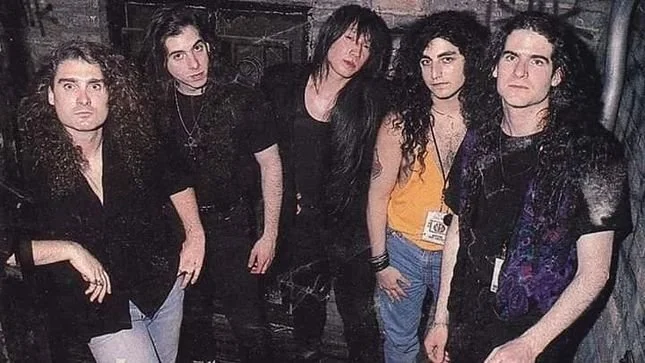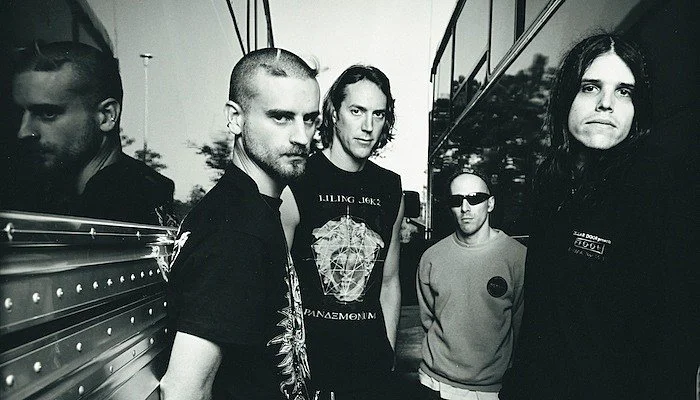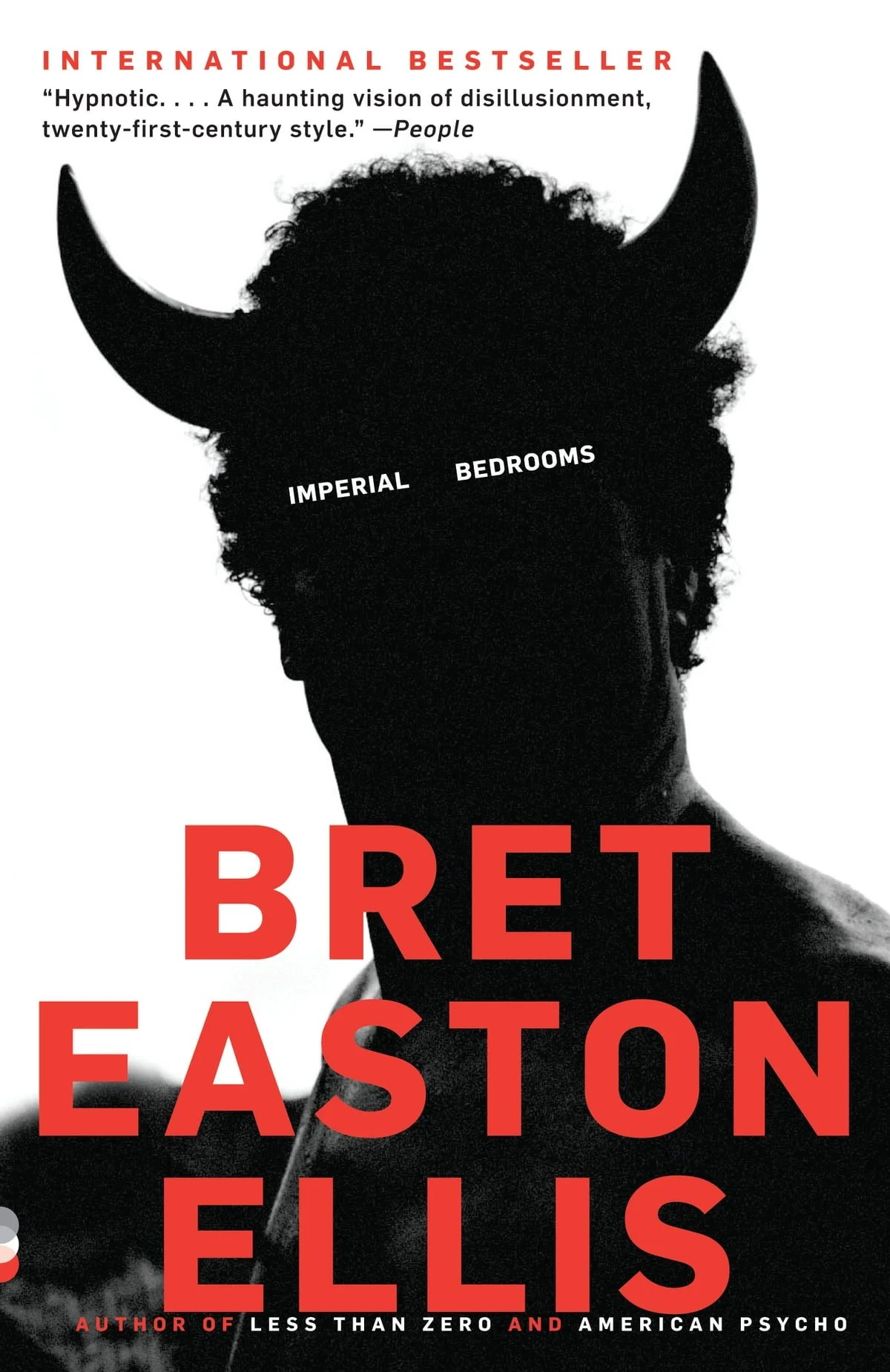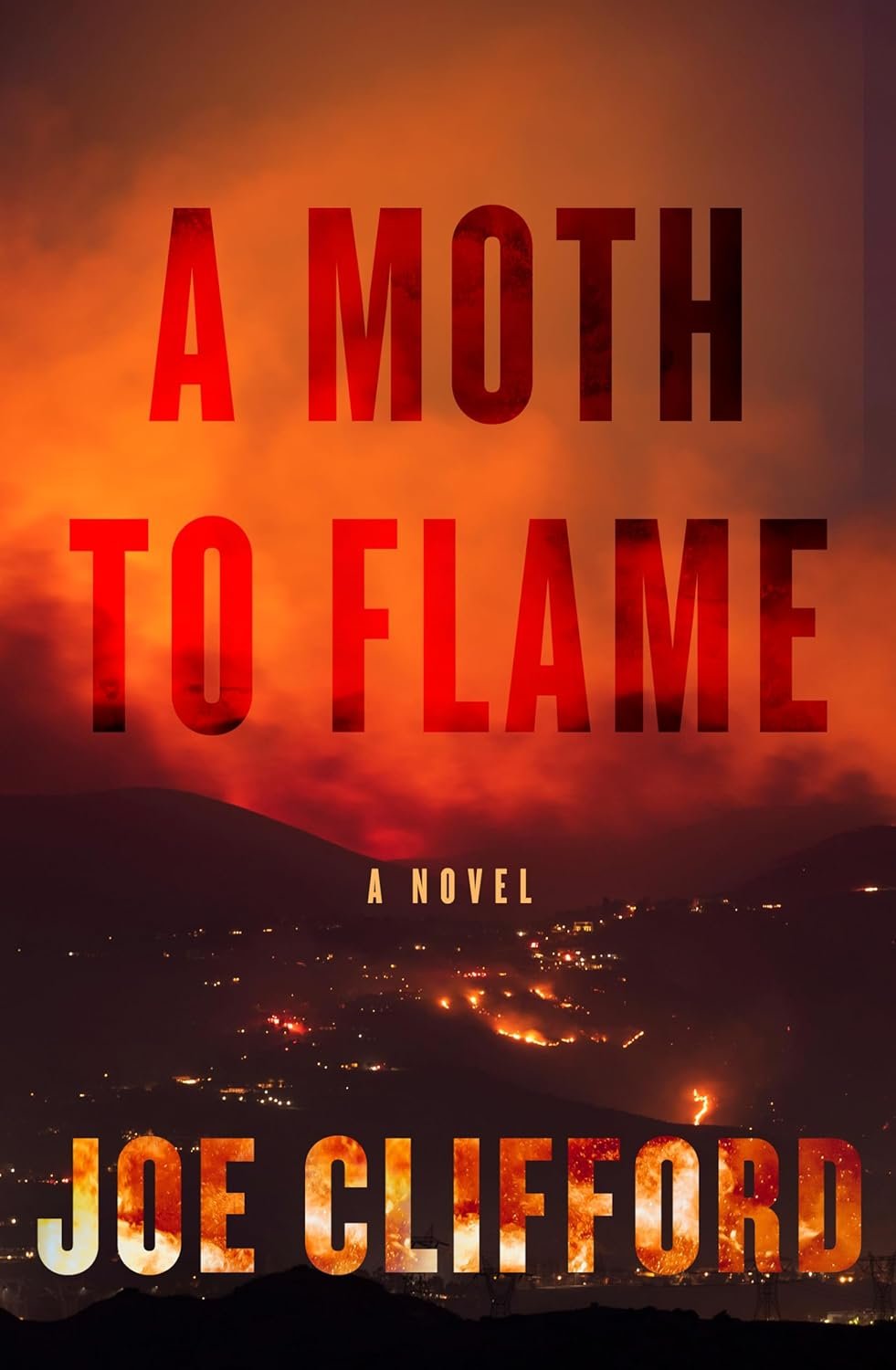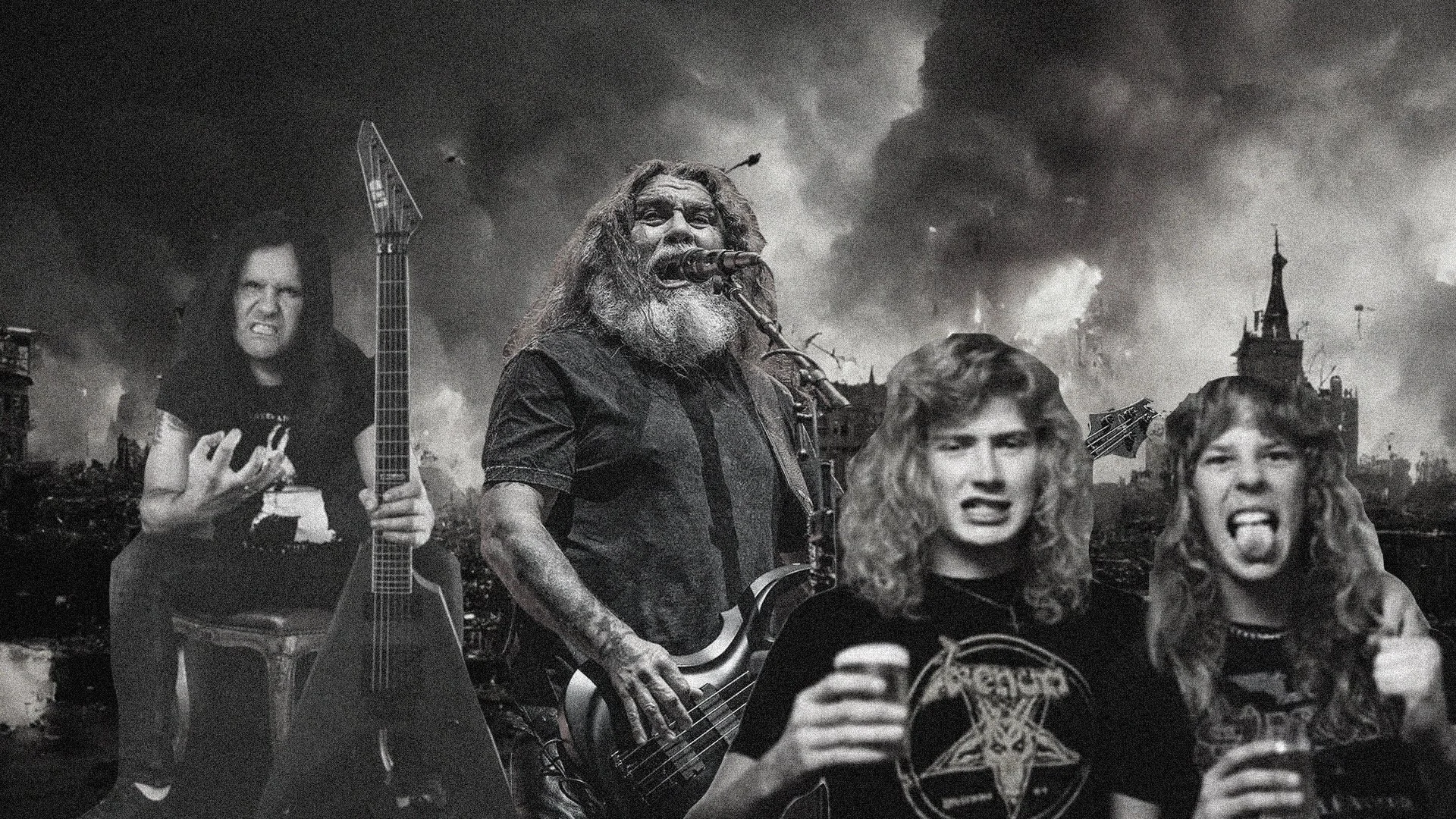A Subjective History of Progressive Metal
Metal and elite musicmanship have always been intertwined.
No, misunderstood virtuosos did not invent metal. It was a more straightforward, fingertips-less blues guitarist who did, but uncompromising outsiders were already on collision course with what is arguably the biggest and most uncompromising outsider culture of the twentieth century. If Tony Iommi never stumbled upon the devil’s chords by accident, I am convinced an explosive guitar nerd would've come up with something similar at one point, except it would've been less awesome and way more self-serious.
Progressive ideas and technical proficiency are also often intertwined, but they’re not the same thing. The prefix "prog" in music refers to unconventional ideas that challenge the boundaries of a genre: longer songs, weird and unpredictable structures, inclusions of atypical instruments, electronic elements, etc. Just like in politics, being progressive means changing it up and challenging stupid and arbitrary boundaries. When it’s done correctly, it’s supposed to be fun and exhilarating.
But progressive metal sometimes is and sometimes isn't. Sometimes it's a triumphant party for nerds who craft their identity and worldview on weird measurement like how talented someone is at playing guitar. It has become showoffy in the most socially awkward way possible. But prog metal can be fun and, most important, it’s super important to the history of metal because it has pervaded all genres to various degrees. Metalheads can be dogmatic and conformist, but they can also be weird.
Without further ado…
It all starts and ends with King Crimson (sort of)
King Crimson did not invent progressive music. They did not even invent prog rock, but they did (to some extent) invent prog metal. The first modern music to play outside the convention of its genre was, of course, jazz. Sorry folks, we didn't invent anything.
I'm not gonna focus on jazz because it's not what this article is about, but jazz fusion and free jazz can be traced back to the 1940s. Legendary composer Igor Stravinsky became interested in the genre and started writing weird and forward thinking stuff like the Ebony Concerto in 1945. You can heard already the playfulness of jazz being dissected and scavenged for parts by someone who was interested in 1) seeing how far you could push the sound and 2) trying something new. It's kinda neat.
The idea of exploring the sonic and compositional possibilities of a genre caught on and it was all over rock by the sixties. There were iconoclast newcomers like The Moody Blues, Pink Floyd and Genesis, but mainstream rocks acts like The Beatles and the Beach Boys also started experimenting outside of genre norms like gen Zs are doing on TikTok nowadays! In 1968, metal was on the tip of everybody's tongue and newly formed London prog rock outfit King Crimson had no idea what was about to hit them.
Their first even recorded song as King Crimson in 1969 21st Century Schizoid Man (they existed as Giles, Giles & Fripp earlier) foreshadowed a desire to experiment with harsher and more dissonant texture than their mellow-ass contemporaries. It's still soft by today's standards, but the exploratory freedom this song bestowed upon music as a whole it huge. Suddenly, music nerds could also be badass. Suddenly, you could go as far as your instrument was willing to lead you. That’s metal as fuck.
Rush is another foundational band that bridged the gap between prog rock and prog metal. Also formed in 1968, the Canadian power trio lead by King Nerd Geddy Lee drew inspiration from Led Zeppelin to unabashedly embrace the rock side of prog rock and pioneering an unpredictable sound that would inspire an entire generation of overenthusiastic musicians to stretch the boundaries of their relationship to their instruments. Unlike King Crimson, they didn't record music until 1974.
Their approach was also less multiinstrumental than King Crimson and more focused on creating weird, byzantine guitar music songs. Fun fact: most of the members of the two foundational bands of prog metal are still alive and making music today. Robert Fripp is not even in his eighties yet (he’s 78). There's been prog metal for longer than you’ve been alive, but not by much. Rush and King Crimson have ceased to be vectors of innovations for some time, but they've laid the groundwork at a crucial time.
Queensrÿche, Dream Theater and Fates Warning
Rush and King Crimson invented prog metal, but what they did is transition the genre from prog rock. It didn't become an all-out "thing" of its own until the eighties.
It didn't sound "metal" until Queensrÿche came about. Formed in the USA by guitarists Michael Wilton and Chris DeGarmo, they were super inspired by Ronnie James Dio's Black Sabbath, but they had idea of their own they wanted to explore and found themselves a charismatic frontman in Geoff Tate, which allowed them to blend their own creative vision and musicmanship into the foundational influence of Sabbath and Dio. The results fucking ruled.
Their 1988 record Operation Mindcrime is one of the catchiest, most fun progressive metal record to this day. It's a concept album that leans heavy on its storytelling aspect and plays with the nuances of traditional metal. It’s a more thorough, profound and satisfying version of something that already existed.
Often considered to be the big dogs of prog metal, Dream Theatre were formed in 1985 in Boston and drew influences mostly from Rush and Iron Maiden. Maiden aren't considered to be prog per se, but they were (to my knowledge) the first to write long-ass songs with soaring vocals and multisegmented composition. Rime of the Ancient Mariner was recorded in1 984, a year before DT was formed. The influence is obvious. Dream Theater once again took the model and fucking atomized it in million pieces.
Seriously, these guys are still synonymous with prog metal in 2024 and they’re at the heart of the joke that prog metal fans are virgins who don't bathe. Simply because they're so passionate about their instrument, they seem to neglect their hygiene and physical health. Dream Theater define what prog metal means to a point where certain songs could be qualified of prog rock or even post-metal. What they do stretched the boundaries of genre so far, a label might be useless to describe them.
The last big dog of prog metal (at least from the early era) is Fates Warning. Unlike the previous two who had a good idea who they were from the get go, they evolved over time. Their debut album Night on Bröcken in 1984 is a smogasboard of classic riffs and Maiden-influenced atmospheres, but five years later they were in a whole other places that felt foreboding of bands like Tool and Opeth. with the weird time signature and the big cinematic moments. They’re often overlooked in prof metal history.
The nineties belonged to Tool
The nineties came and suddenly, it wasn't cool to wail and play intricate solos anymore.
Something extremely weird happened to all culture and the punk ethos became the coolest thing on Earth for about six or seven years. The members of Tool are among the least punk people to ever live (them being pro musicians and whatnot), but they had a chip on their shoulder and a thinking man's antiestablishment stance that endeared them to angry and apathetic crowds of the nineties.
They also had a sound no one had heard before and, most important, that you couldn't tie to the eighties. If you think the eighties are considered corny today, they were absolutely fucking nuclear in the nineties. Being influenced by the previous decade was the equivalent of having a musical STD. So Tool were a cutoff from it. You would not be judged for liking them. They had (and still have) a rich and byzantine sound, mystical lyrics and big, dramatic payoffs to their long compositions that were rewarding to listen to.
No one would ever judge you for liking them
In my humble opinion, their sophomore album AEnima was the best thing a prog metal band ever recorded. It’s full of obsessing patterns and repetitions. It’s layered and complex, but also has its bombastic moments. There is some life-affirming material like Forty Six & 2 or Push It and some fun snot-nosed moments like Hooker With A Penis. Tool enthusiasts (which I would not describe myself as) prefer Lateralus and 10,000 Days, but I believe AEnima’s versatility and all-encompassing scope makes it the very best.
The other immortal prog metal band that started in the 90s is Opeth. Lead by Swedish rock savant Mikael Akerfeldt, they started as a progressive death metal band in that decade and took about a full decade before finally embracing who they are. On their last album In Cauda Venenum, they really broke through the shackles of genre and embraced their weird, prog, psychedelic side. They’re not the most out there band in terms of sound, but their sincerity and thoroughness always kept their audience loyal.
I’ll get into more detail on Opeth in the chapter on progressive death metal.
Symphony X and Nevermore were two other important bands that galvanized a more traditional crowd through the nineties. If the proper of progressive music is to stray from its label, Symphony X and Nevermore played within a narrower creative paradigm that satisfied a more purist crowd. Both were really smart in channeling the ruggedness of the nineties in their sound to anchor their identity. I’d say they were more metal than prog, but they played their part in expanding what prog could do.
Canadian legends Voivod (who were a thrash metal band in the eighties) turned to prog in the nineties also. They’re a strange outlier, but they definitely slowed down the tempo and started exploring starting with Nothingface in 1989 and never looked back.
Devin Townsend, Gojira, and the Great Dissemination
What happened to prog metal in the twentieth century?
What happened to most genres: it hybridized and bled into every other genre there is: death metal, black metal, doom, whatever music you play there’s a way to incorporate progressive elements into it just by thinking outside of the confines of what you’re expected to be doing. Enslaved is a good example of a band that went above and beyond what black metal is supposed to be like to create something of their own. Between the Buried & Me did the same with metalcore.
Avenged Sevenfold is another band that embraces the boundlessness of prog without necessarily abiding by its dogmas. I don't really enjoy their music personally, but they’re part of the movement.
In my opinion, there are three trail blazers in twenty-first century prog metal. Mastodon, French wildlife enthusiasts Gorija and Canadian icon Devin Townsend. Meshuggah is super influential, but it is technically a progressive death metal band and they grew into their own thing. The former two are more conventional prog metal band who love riffing for minutes at the time and packing their songs with as much tension as possible. I wouldn’t say they’re similar, but they’re variations on the same theme.
Devin Townsend is another breed. Holy cow that man is weird and awesome. The ex-leader of industrial metal band Strapping Young Lad transformed into this bald, operatic, alien-like jack-of-all-trades once he went solo and came up with some of the most fun, bombastic and visual metal ever written. Dude is an absolute legend. He found a way (mostly by being a standout singer) to harness all the high-flying fun of eighties prog metal and infuse it with grit and timeless ideas. He’s the fucking best, seriously.
Before I leave you, here are five songs to help you understand how prog metal has evolved over the years:
Rush - The Spirit of Radio: You can hear the grit of Zeppelin-like guitars and the harshness of the production starting to shift what prog rock is supposed to sound like. Geddy Lee is also trying his damned best to channel his inner Robert Plant. It’s not all the way crystallized, but you can already get a feel for the idea.
Dream Theater - The Glass Prison : My favorite DT song and probably the only one I can listen to entirely without rolling my eyes . This is a real distended riff galore with odd time signatures and conceptual lyrics that would make your nerdiest, pony tailed Sunday guitarist friend weak in the knees.
Tool - Schism : This is such a different band: there are patterns, patience, build-up and weird, introspective lyrics that work their way to a cathartic payoff. Tool is fun because enjoying the process of the songs as as much fun as enjoying their core idea.
Gojira - Flying Whales : I wanted to include this example because prog metal is turning away from the high-flying exhuberent virtuosos in the twenty-first century to embrace this grittier, chuggier sound. Gojira did not invent djent, but they foreshadowed it. They were djenty before it was cool.
Devin Townsend - Deadhead : Devin's the fucking king and the gold standard for prog metal. His sound is so bold and expansive, it shirks any stereotypes and embraces all the possibilities of prog. He doesn't try to sound like anyone and he loves making weird sounds with his guitar very much.



